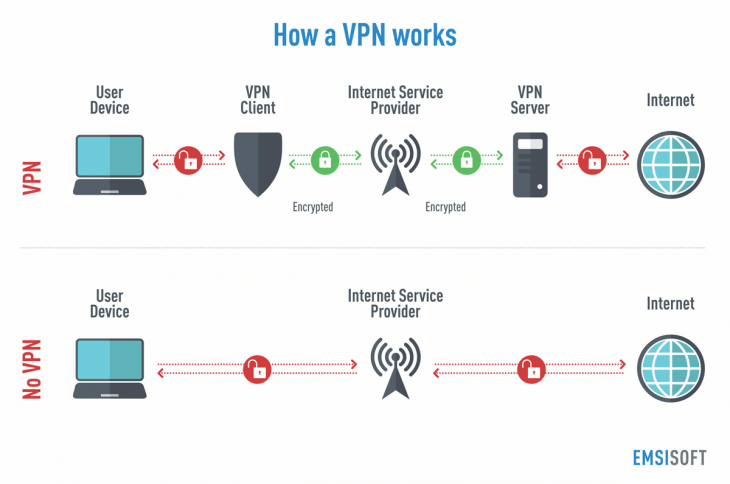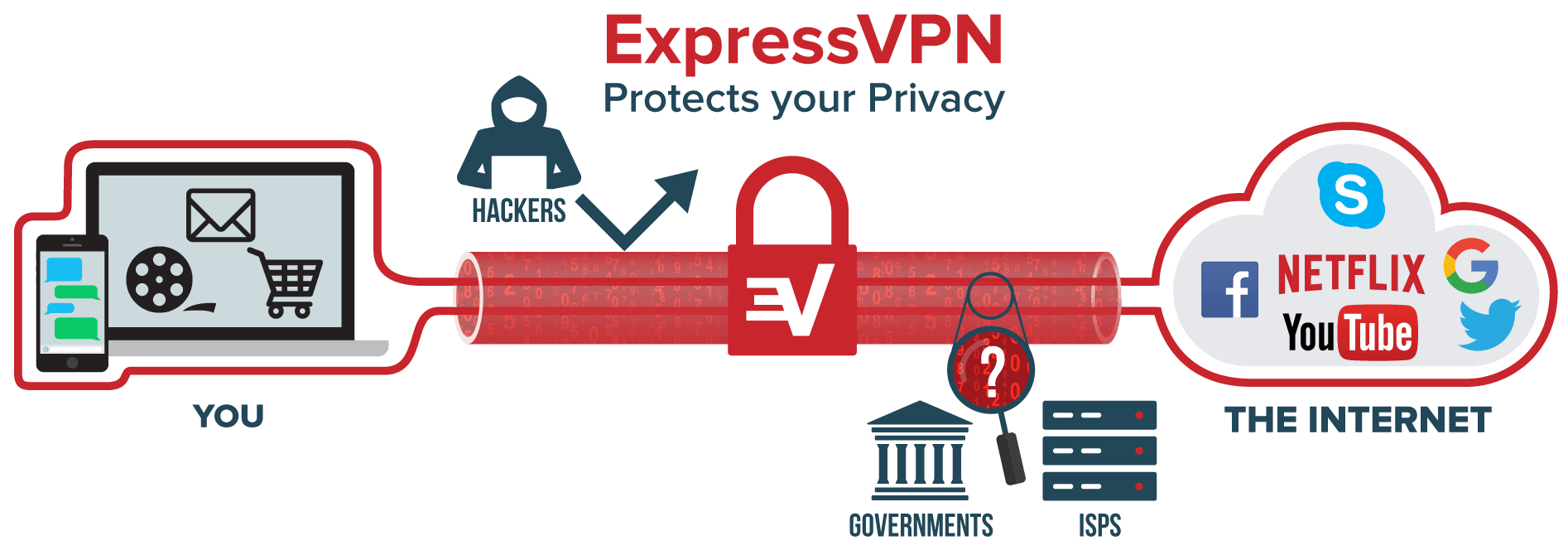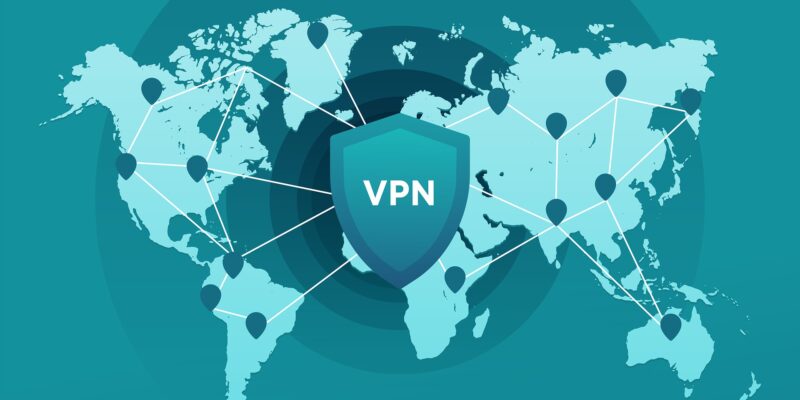Let’s get straight to it. The acronym VPN stands for Virtual Private Network. As the name implies, it provides users with a virtual network that is private so that they can connect to the internet in a way that is safe and secure. Essentially, the ultimate goal of a VPN is to keep your private information private.
How Do They Work?
A VPN works by routing your device’s internet connection through your chosen VPN’s private server rather than your internet service provider (ISP). This is so that when you are transmitting data to the internet, it comes from the VPN rather than your computer.
Let’s get straight to it. The acronym VPN stands for Virtual Private Network. As the name implies, it provides users with a virtual network that is private so that they can connect to the internet in a way that is safe and secure.As you learn about VPNs and their potential for providing online security, you may consider starting a business in the cybersecurity industry; if you’re located in the Empire State, establishing an LLC New York can provide the necessary legal framework for your venture.


A VPN creates a private “tunnel” from your device to the internet. This hides your vital data through something we call encryption. Encryption hides information by transforming it into gibberish. This means that no one can read the data without a very strong password, which is known as a key.
This key essentially breaks the complicated code that your data has been turned into. Only your computer and the VPN server know this key. We call the process of decoding your data, decryption. The process of making encrypted information readable again through the application of the key.
Risks Of Not Using a VPN


By not using a VPN, you’re not quite shouting your most sensitive information from the rooftops. It is a little like leaving your front door open with your personal information laid out on a table right inside the door. Maybe you have good, honest neighbours that won’t come in and take what is valuable.
It’s natural to want to believe in the goodness of our neighbours. That said, there’s a likelihood that one or two of those neighbours will have more malicious intent.
On the other hand, when you use it, your data is not exposed. The origin of your data will be your VPN server. By using a VPN, no one can track your online actions. They will not take sensitive information either. Even if data is intercepted, it is encrypted, so it looks like nonsense to anyone without a decryption key.
Why Do People Use Virtual Private Networks?
As previously mentioned, a common reason to use a VPN is to prevent anyone – from ISPs to public Wi-Fi hotspots– from tracking what you’re doing online.
Another reason many like to use a VPN is to gain access to region-restricted content, whether that be a TV show on your country’s Netflix, or to get around a certain jurisdiction’s internet censorship laws.






[…] order to unravel the complexities of Virtual Private Networks (VPNs), it is essential to delve into the story of understanding virtual private networks. This journey will shed light on the intricacies, benefits, and evolving technologies behind this […]